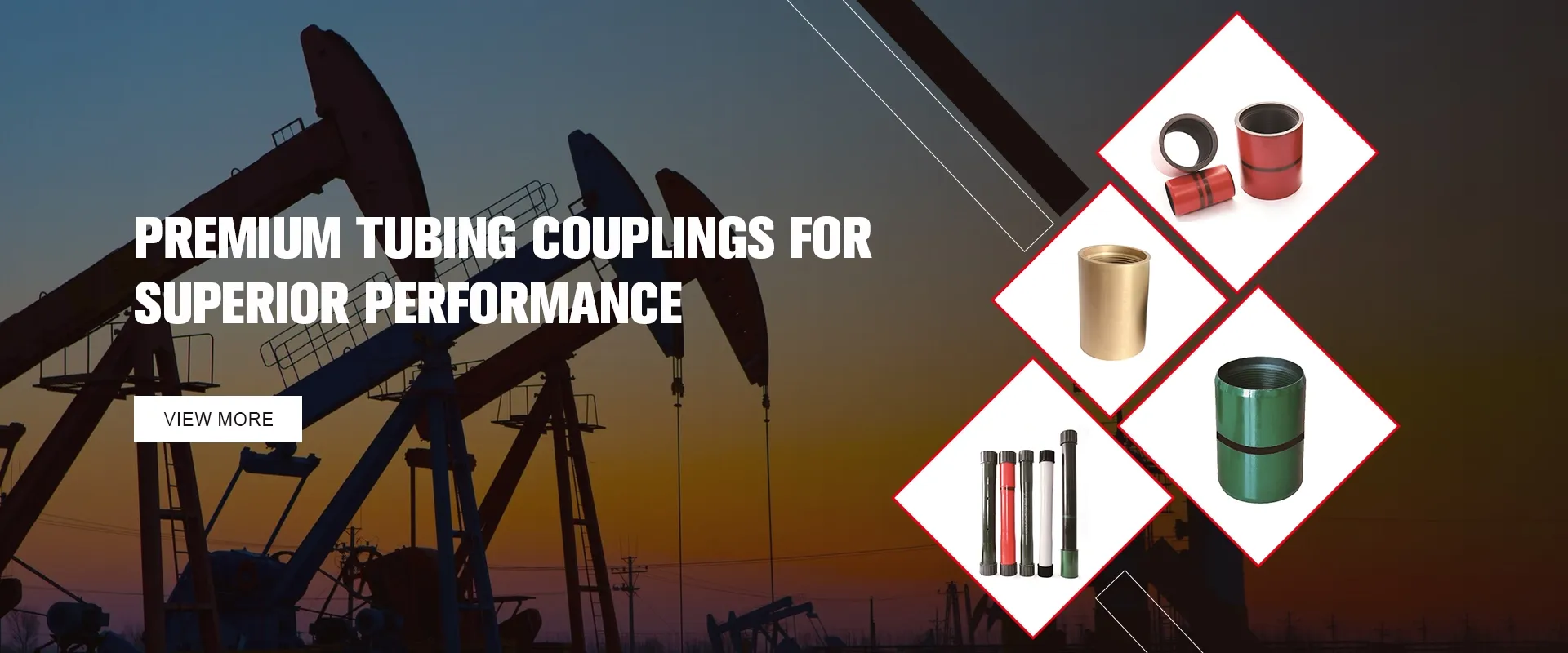- Afrikaans
- Albanian
- Amharic
- Arabic
- Armenian
- Azerbaijani
- Basque
- Belarusian
- Bengali
- Bosnian
- Bulgarian
- Catalan
- Cebuano
- Corsican
- Croatian
- Czech
- Danish
- Dutch
- English
- Esperanto
- Estonian
- Finnish
- French
- Frisian
- Galician
- Georgian
- German
- Greek
- Gujarati
- Haitian Creole
- hausa
- hawaiian
- Hebrew
- Hindi
- Miao
- Hungarian
- Icelandic
- igbo
- Indonesian
- irish
- Italian
- Japanese
- Javanese
- Kannada
- kazakh
- Khmer
- Rwandese
- Korean
- Kurdish
- Kyrgyz
- Lao
- Latin
- Latvian
- Lithuanian
- Luxembourgish
- Macedonian
- Malgashi
- Malay
- Malayalam
- Maltese
- Maori
- Marathi
- Mongolian
- Myanmar
- Nepali
- Norwegian
- Norwegian
- Occitan
- Pashto
- Persian
- Polish
- Portuguese
- Punjabi
- Romanian
- Russian
- Samoan
- Scottish Gaelic
- Serbian
- Sesotho
- Shona
- Sindhi
- Sinhala
- Slovak
- Slovenian
- Somali
- Spanish
- Sundanese
- Swahili
- Swedish
- Tagalog
- Tajik
- Tamil
- Tatar
- Telugu
- Thai
- Turkish
- Turkmen
- Ukrainian
- Urdu
- Uighur
- Uzbek
- Vietnamese
- Welsh
- Bantu
- Yiddish
- Yoruba
- Zulu
finished casing coupling
Understanding Finished Casing Couplings in Oil and Gas Industry
Finished casing couplings play a vital role in the oil and gas industry, particularly in the construction and maintenance of wells. These couplings are critical components that connect lengths of casing pipes, which are essential for providing structural integrity to the wellbore. This article delves into the significance, attributes, and applications of finished casing couplings, highlighting their importance in drilling operations.
Finished casing couplings are specially designed fittings that serve to join multiple sections of casing pipes. Casing pipes are cylindrical structures that line the walls of a well, safeguarding against the collapse of the borehole and preventing contamination of groundwater. The couplings ensure these pipes are securely fastened, providing a continuous barrier along the well's length.
One of the key attributes of finished casing couplings is their precise manufacturing. These components are engineered with stringent tolerances to ensure a perfect fit between tubing sections. Typically made from high-strength steel alloys, these couplings are designed to withstand the harsh conditions prevalent in drilling environments, including extreme pressures and temperatures. Their resistance to corrosion is also crucial, particularly when dealing with saline or other chemically aggressive fluids encountered underground.
finished casing coupling

The manufacturing process of finished casing couplings involves rigorous testing and quality control measures. This ensures that each coupling meets industry standards and can perform optimally under real-world conditions. Certifications, such as those from the American Petroleum Institute (API), further validate their reliability and adherence to safety protocols.
Once installed, finished casing couplings facilitate the efficient management of well operations. They enable the safe transportation of oil, gas, and other fluids from the reservoir to the surface. Moreover, should repair or replacement be necessary, these couplings allow for easier disassembly and reassembly of the casing system. This is particularly advantageous during maintenance activities, where a swift response can minimize downtime and enhance productivity.
In summary, finished casing couplings are indispensable in the oil and gas sector. Their design and construction ensure enhanced safety and reliability during drilling operations. As the demand for oil and gas continues to grow, the importance of high-quality finished casing couplings will remain paramount. With advancements in material technology and engineering practices, the future of these components looks promising, paving the way for even more efficient and sustainable extraction processes in the energy industry.
-
Tubing Pup Joints: Essential Components for Oil and Gas OperationsNewsJul.10,2025
-
Pup Joints: Essential Components for Reliable Drilling OperationsNewsJul.10,2025
-
Pipe Couplings: Connecting Your World EfficientlyNewsJul.10,2025
-
Mastering Oilfield Operations with Quality Tubing and CasingNewsJul.10,2025
-
High-Quality Casing Couplings for Every NeedNewsJul.10,2025
-
Boost Your Drilling Efficiency with Premium Crossover Tools & Seating NipplesNewsJul.10,2025







